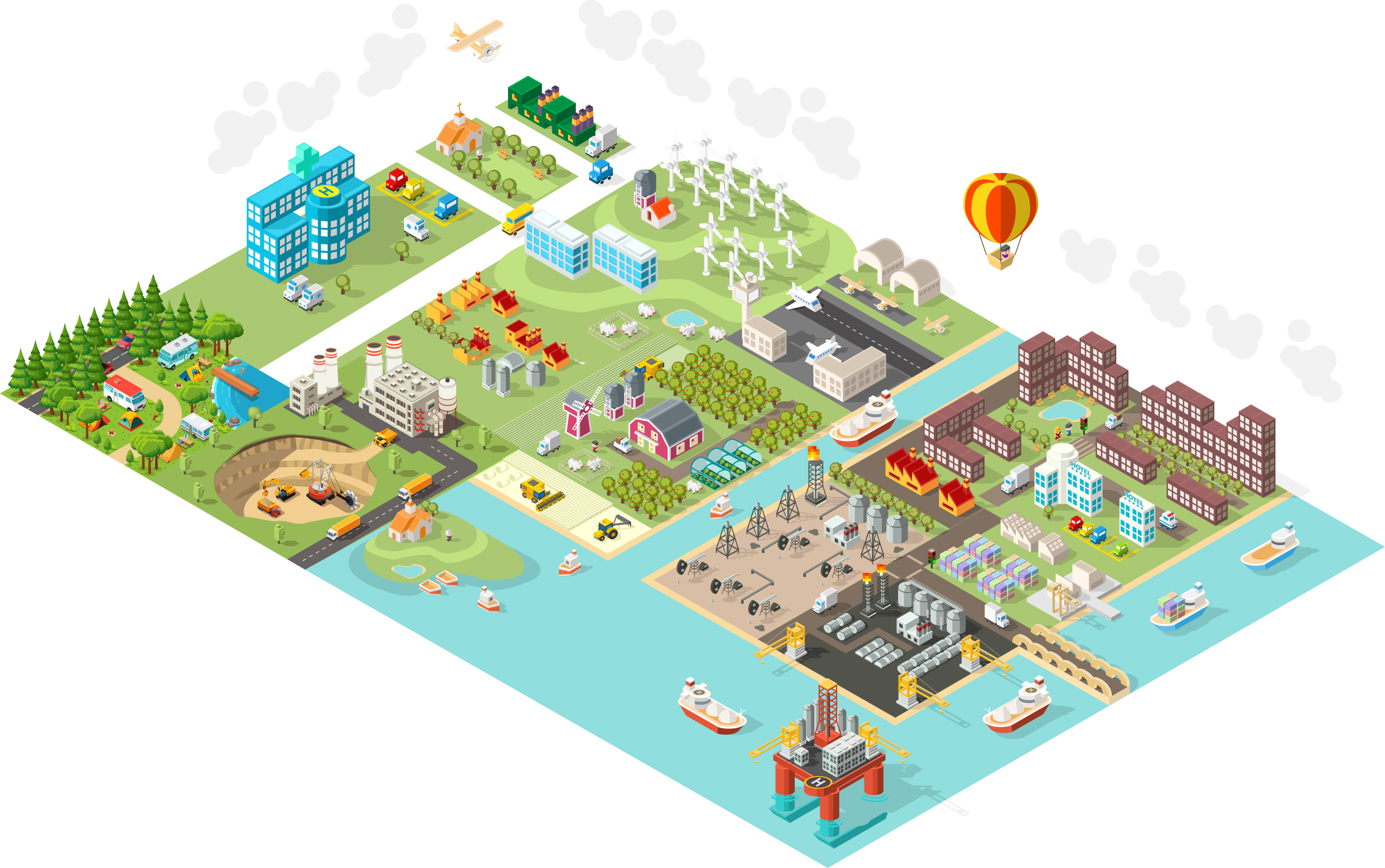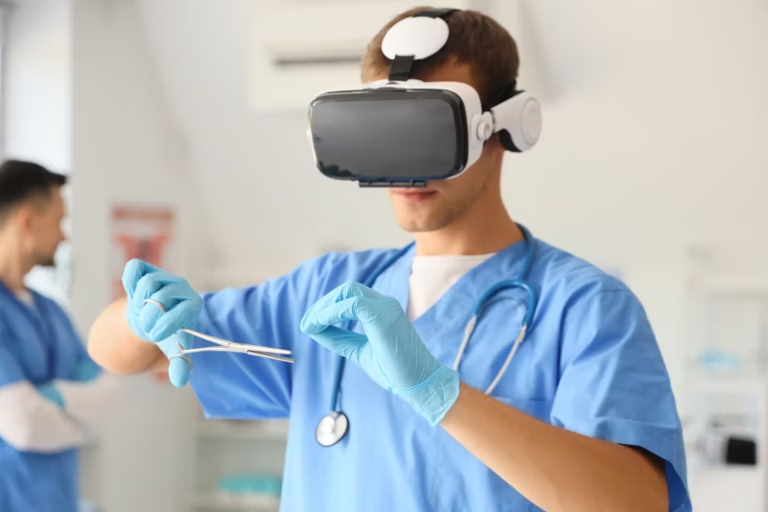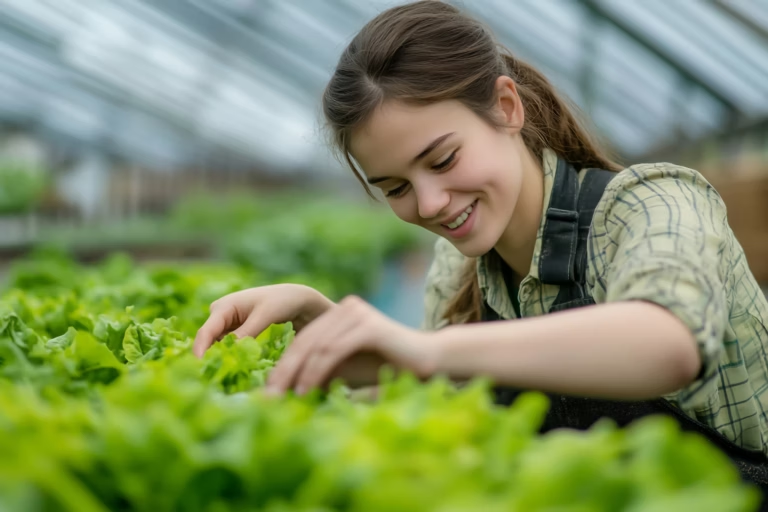Environment and Sustainability
Greener Futures: Make an Impact in Environment & Sustainability
Discover Environment & Sustainability in the Greater Whitsunday Region
Care about the planet? Passionate about protecting natural places, tackling climate change, or finding better ways to live and work? That passion doesn’t have to stay a hobby — it can become your career. You can make a real difference in the world through a job that supports the environment and helps create a more sustainable future — across a whole range of industries.
In the Greater Whitsunday region, sustainability isn’t just a buzzword — it’s happening all around us. From reef restoration and regenerative farming to renewable energy, waste innovation, and carbon-smart land use, the region is full of opportunities to turn your passion for the planet into real-world impact.
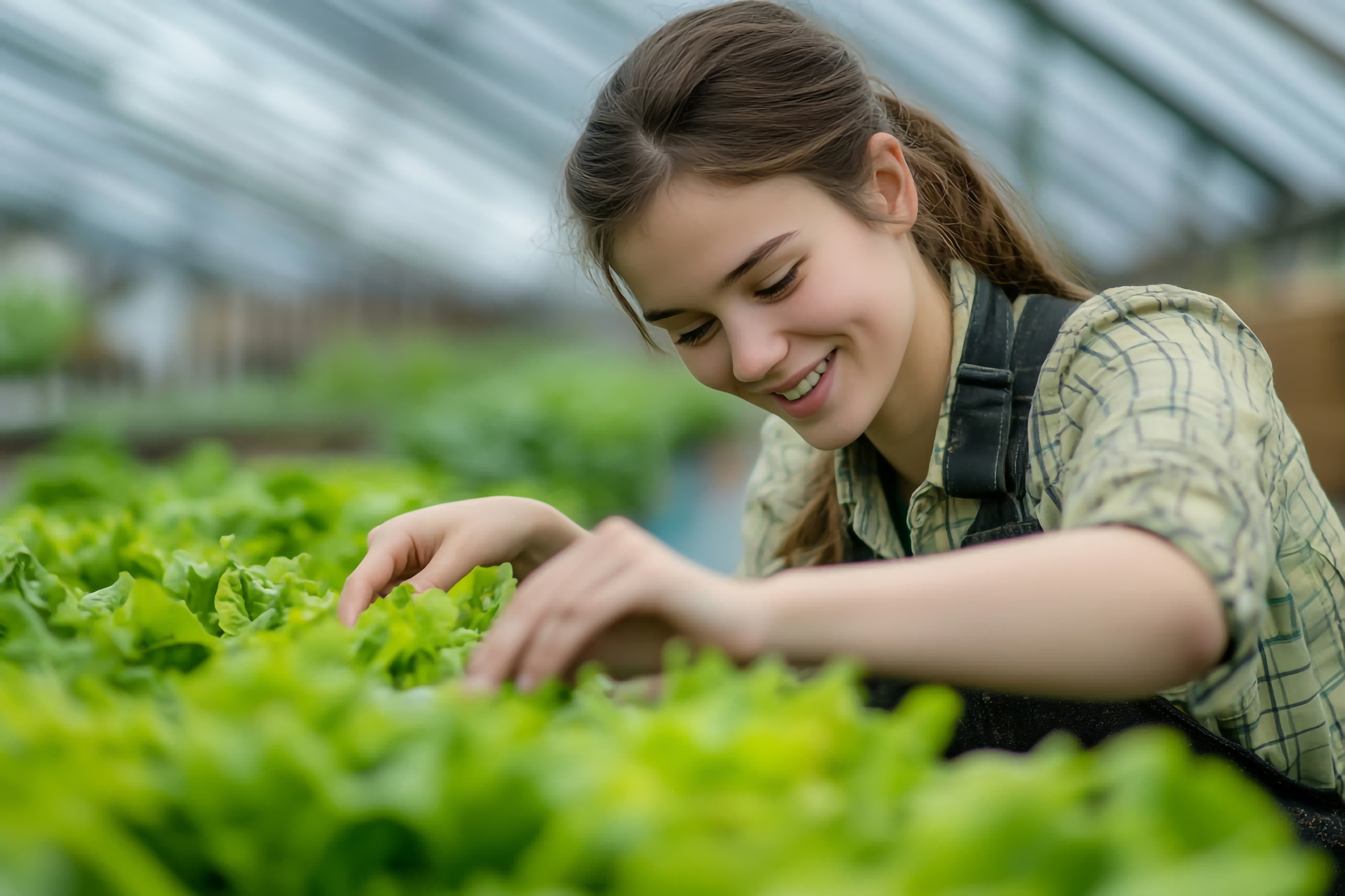
Why Consider a Career in Environment and Sustainability?
-
Create a Future You Believe In
Whether you care about climate change, conservation, or clean energy, you can play a part in building a better tomorrow.
-
Work Across Industries
You don’t need to be a scientist to make a difference. From construction to mining, tourism to transport — every industry needs sustainability champions.
-
Make Every Day Count
Knowing your job helps protect the planet or improve local communities gives meaning to your work and keeps you motivated.
Impact in Action
🔋 Queensland is targeting 70% renewable energy by 2032, driving demand for green jobs across energy, infrastructure, and innovation. [1]
🐠 The Great Barrier Reef supports 64,000 jobs, many focused on research, tourism sustainability, and marine protection. [2]
🧑🏼🌾 Greenhouse gas emissions on cane farms have reduced by 30% over the last 20 years, demonstrating how adoption of better practices is leading to more sustainable farming practices. [3]
Exciting Career Opportunities in Environment and Sustainability
Want to make an impact…but not sure how that translates into a real job? You don’t need to be an environmental scientist to work in this space. There are all kinds of roles that contribute to a healthier, greener world.
Here are some of the ways you could make an impact in Environment and Sustainability:
-
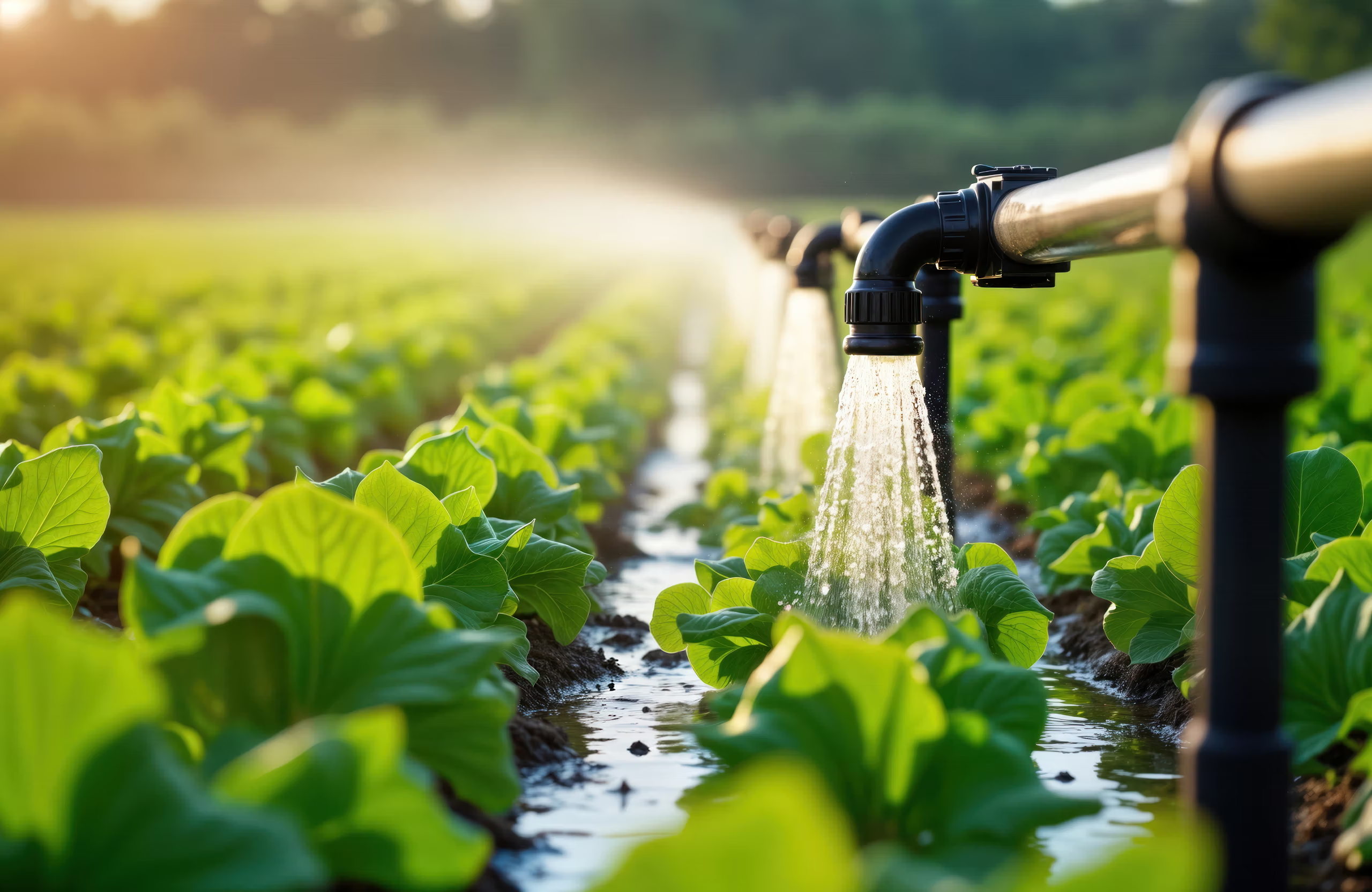
Conservation & Land Management
Work in bush regeneration, reef protection, or eco-tourism to protect our natural assets.
-
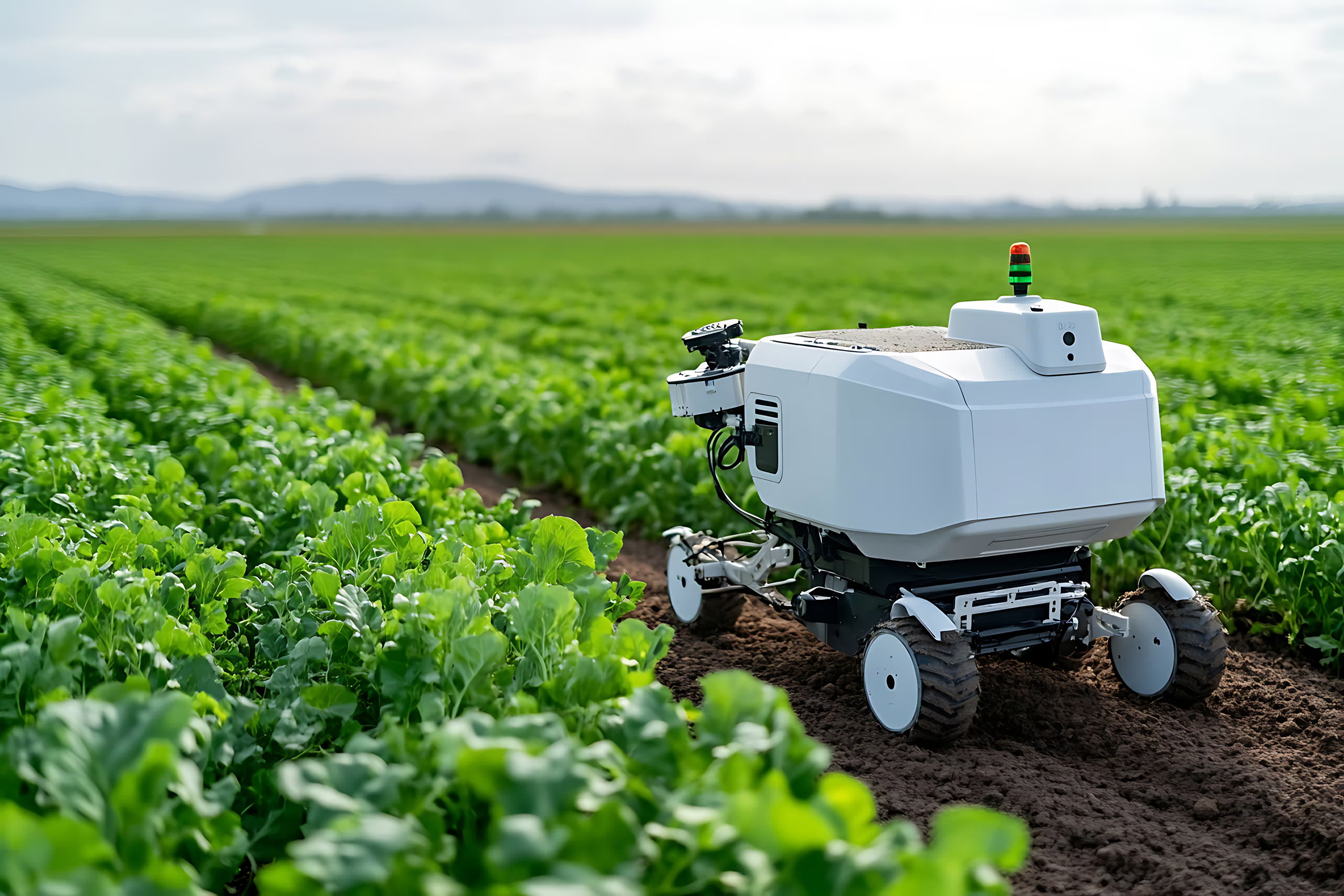
Sustainable Agriculture & Food Production
Help farms reduce their carbon footprint, protect soil health, or use tech to grow food more efficiently.
-
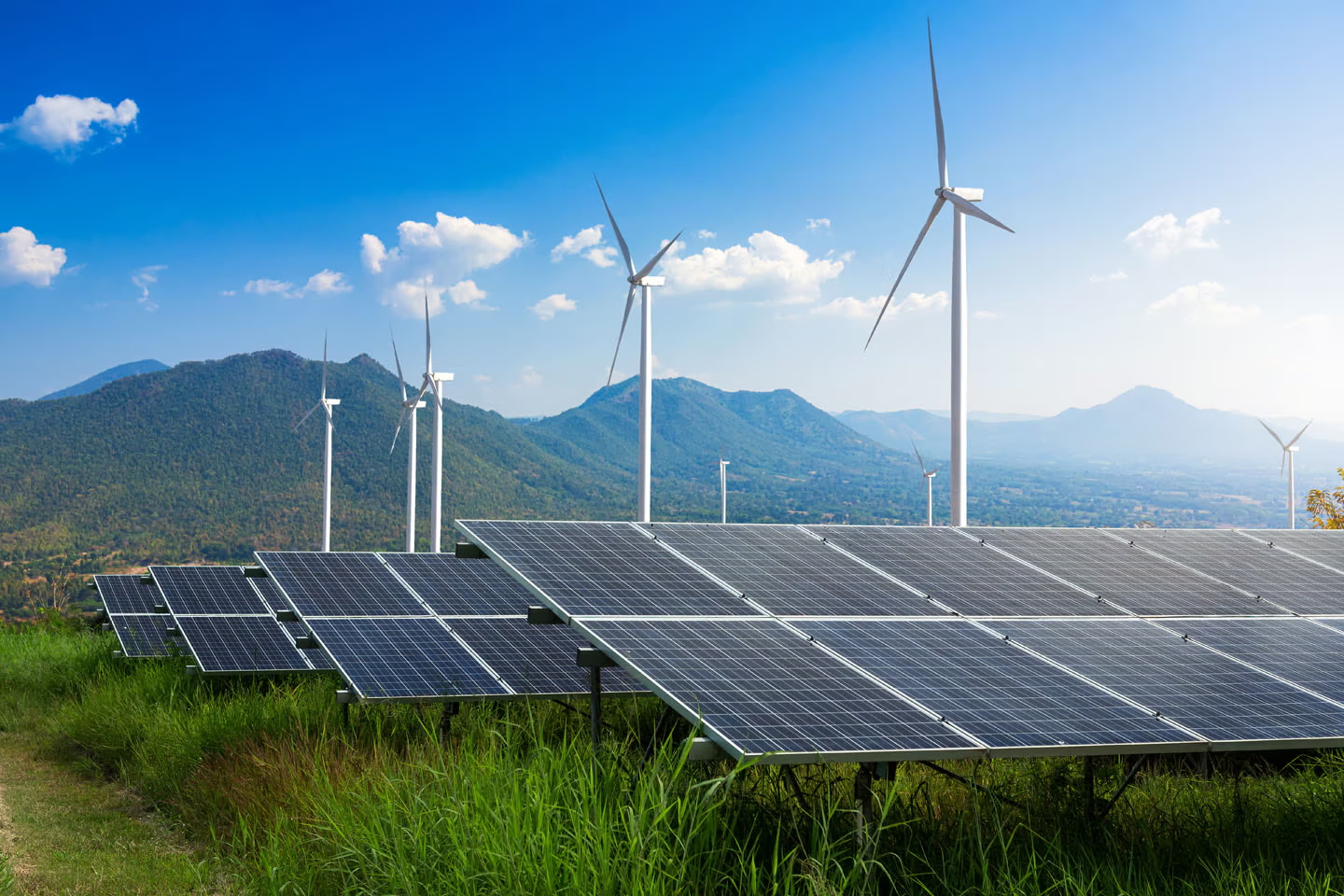
Renewable Energy & Green Infrastructure
Join the transition to solar, wind, and hydrogen, or help design climate-smart buildings and transport systems.
-
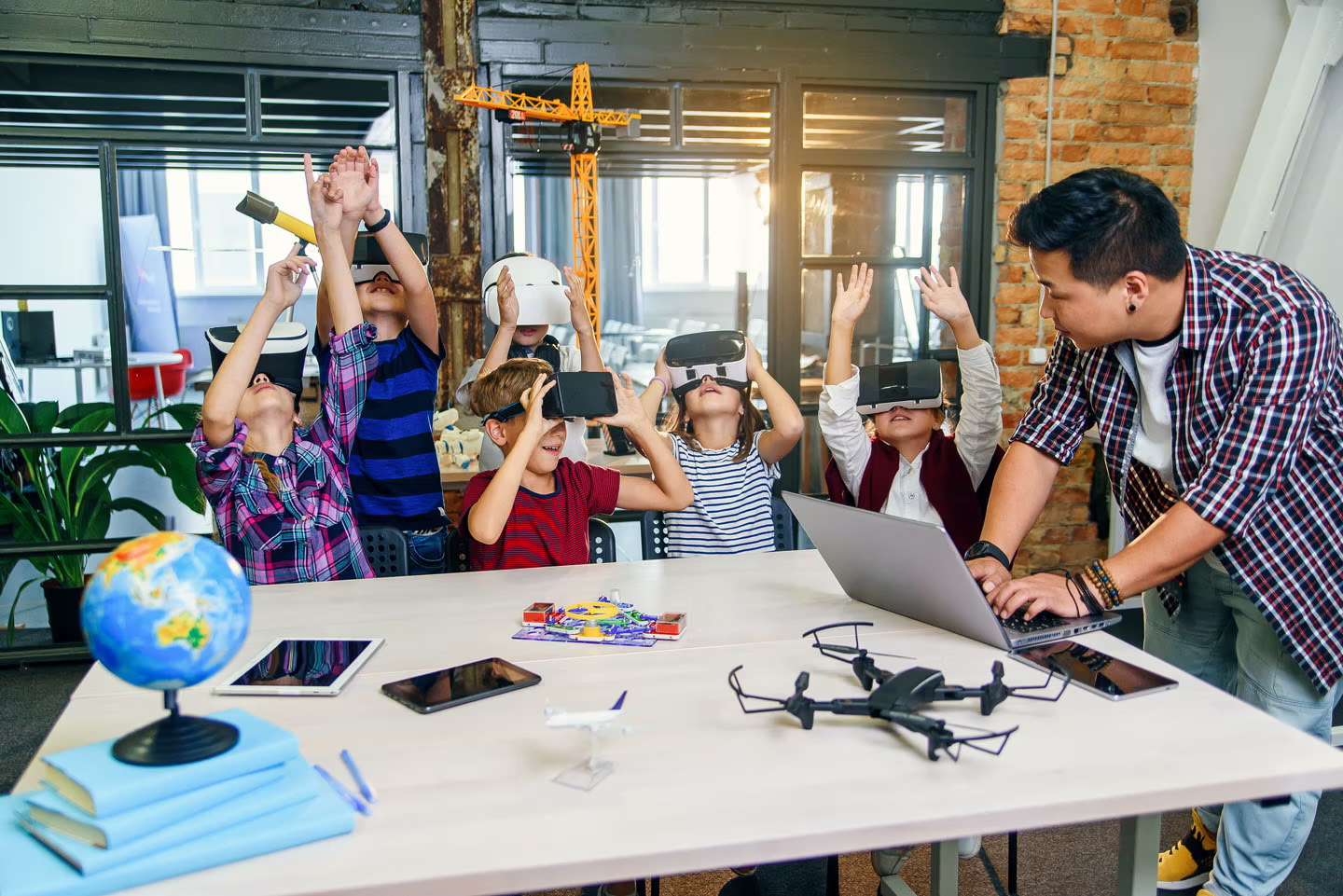
Community Education & Behaviour Change
Lead sustainability from the ground up by helping people shift habits, run local programs, or drive change through councils, schools, and organisations.
-
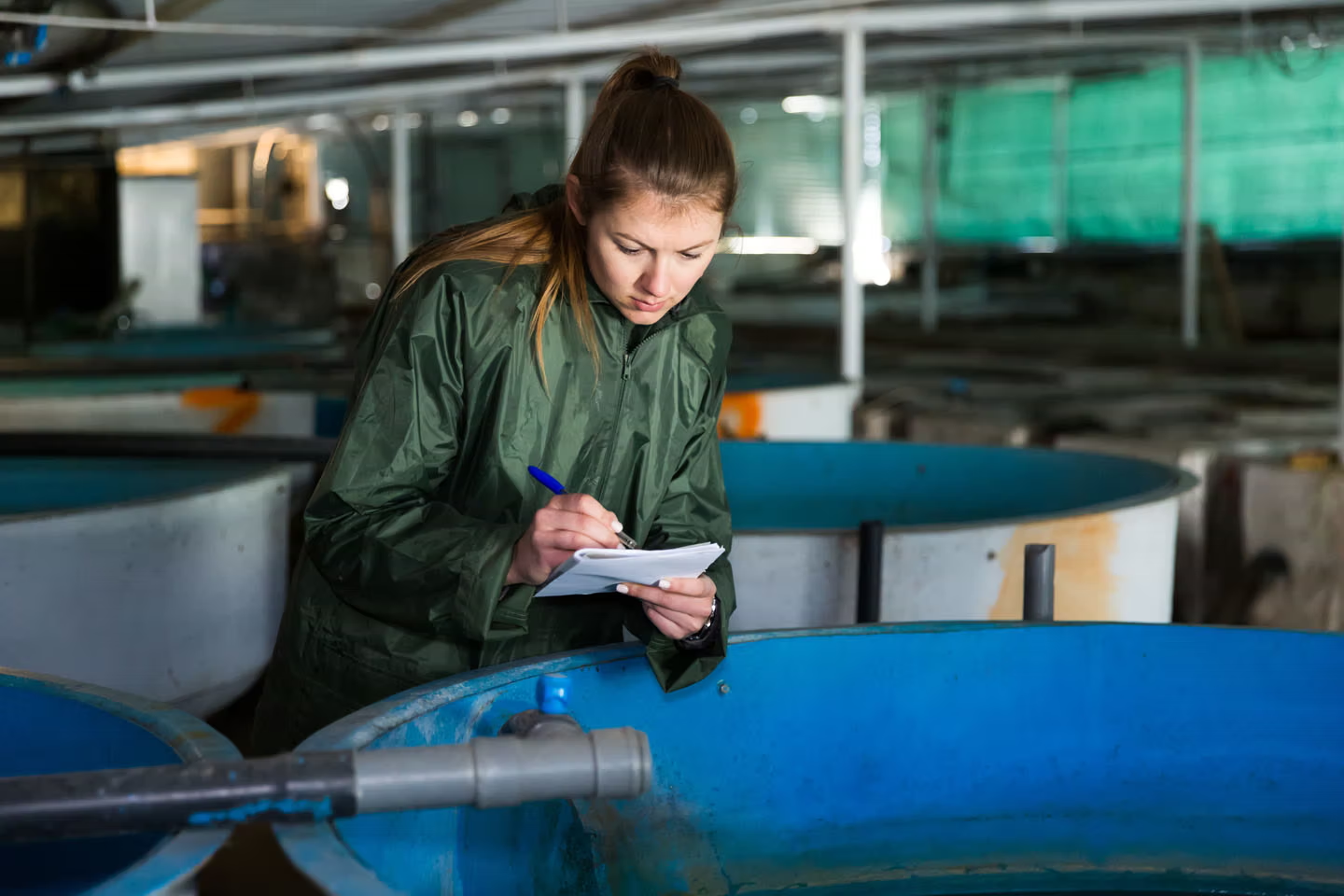
Science, Research & Policy
Influence change through environmental science, ecology, or sustainability policy roles that shape the future.
Explore what a future in
Environment and Sustainability could look like
Dig a Little Deeper into Environment and Sustainability Careers
Curious about what it’s really like to work in environment and sustainability? Let’s take a closer look at the opportunities and how they could shape your future.
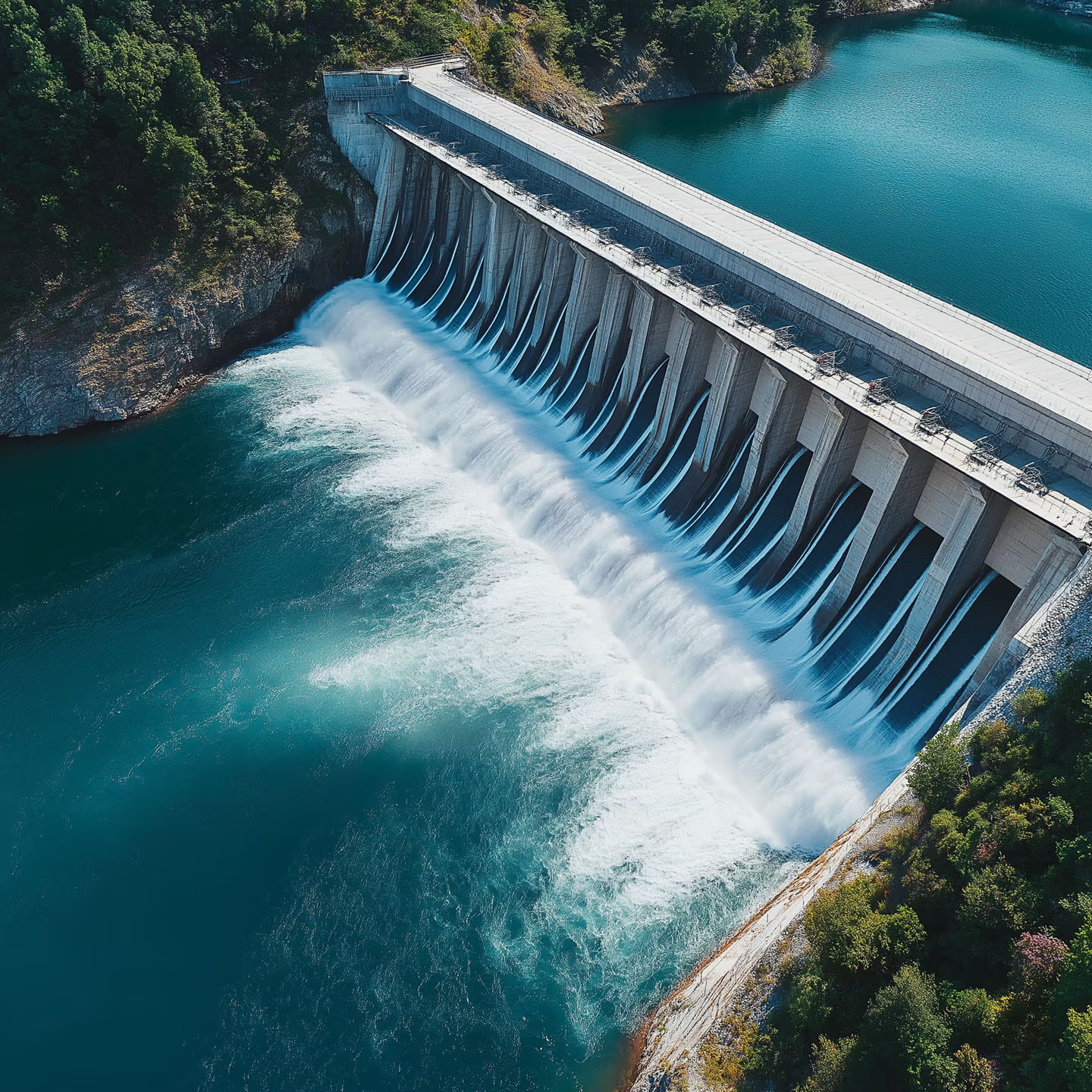
Real Stories, Real Impact
Meet local changemakers who are working toward sustainability in different industries. Regardless of what they are working on, their story might just inspire yours.
Find Out More About Environment & Sustainability and Potential Careers!
Want to know more about what environment and sustainability looks like in the Greater Whitsunday region? Explore these resources to learn more about how you could make an impact in this space.
-
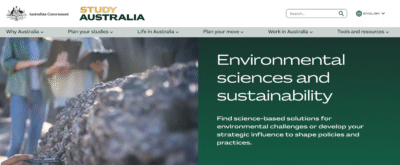
Study Australia Environment & Sustainability Careers
Explore a wide range of career options, interactive tools, and resources to help you discover jobs in sustainability, conservation, and renewable energy.
-
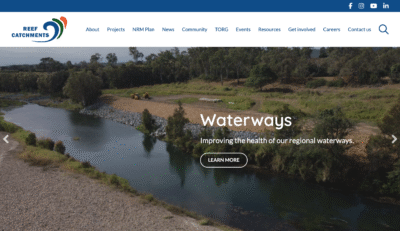
Reef Catchments
Learn about career paths supporting the Great Barrier Reef and other local environments through conservation, water quality monitoring, and community engagement.
-
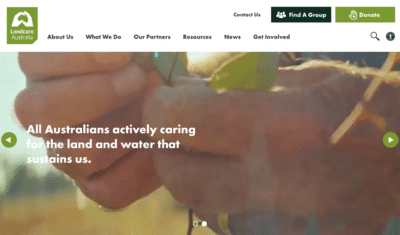
Landcare Australia
Discover opportunities to work on sustainable land management, biodiversity, and community-led environmental projects across Australia.
-
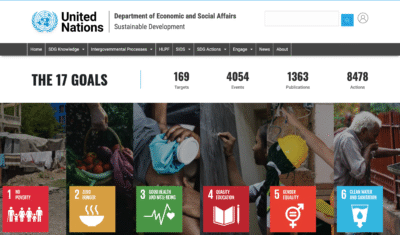
United Nations Sustainable Development Goals (SDGs)
Take your passion to the next level and learn more about what’s happening on a global scale to tackle the world’s big problems like climate change.
-
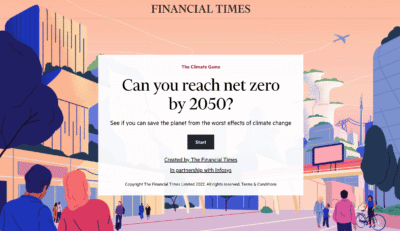
The Climate Game
Play this interactive game and discover what it takes to tackle climate change and build a sustainable future—can you make the right choices for the planet?
Want to learn more about study and career pathways?
Explore regional options and find out who to contact for more information here.
From local landscapes to global impact—could your future job make the world more sustainable?
Keep exploring to see where your future could take you
-
Park Ranger
Protect and manage natural and cultural environments while connecting people to the outdoors.
As a Park Ranger, you’ll oversee the care of national parks, reserves, and recreational areas, ensuring conservation of wildlife and habitats. You’ll use technology like GIS mapping, drones, and monitoring equipment to track environmental health and support sustainable tourism. Engaging with visitors, you’ll provide education on local ecology, safety, and cultural heritage. This role balances preserving natural spaces with facilitating enjoyable, safe outdoor experiences.
In the Greater Whitsunday region, with tropical islands, the Great Barrier Reef, lush rainforests, and outback landscapes, Park Rangers play a key role managing spaces visited by around 3.3 million people annually.
What you might do day-to-day:
- Monitor wildlife and habitats
- Conduct guided walks and educational programs
- Maintain park facilities and safety measures
- Use digital tools for mapping and reporting
This role suits people who:
Are outdoorsy, observant, and passionate about conservation.Pathway:
Many park rangers start with a Certificate III or IV in Conservation and Land Management, but university degrees in environmental science, biology, or natural resource management can also open up opportunities and support progression into specialist or senior roles. -
Agri-Tech Technician
Drive innovation in agriculture by supporting advanced technology and sustainable practices.
As an Ag-Tech (agriculture technology) Technician, you’ll maintain and operate precision agriculture equipment such as drones, sensors, and automated irrigation systems to help farms boost productivity and reduce environmental impact. You’ll collect and analyse data to support decision-making and troubleshoot technical issues. This role combines hands-on technical skills with knowledge of plant science, soil health, and digital tools. These skills are highly transferable and valued across industries like mining, environmental management, manufacturing, and energy. Collaboration with farmers, agronomists, and technology providers is key to delivering effective solutions that improve efficiency and sustainability.
In the Greater Whitsunday region, Ag-Tech Technicians play a growing role in advancing the agricultural sector with cutting-edge technology, contributing to regional economic growth and environmental stewardship.
What you might do day-to-day:
- Operate and maintain ag-tech equipment
- Collect and analyse agricultural data
- Troubleshoot technical problems
- Collaborate with farmers and other specialists
This role suits people who:
Are tech-savvy, practical, and enjoy problem-solving.Pathway:
Typically start with VET qualifications in agriculture or agriculture technology. Hands-on experience and further study can open opportunities across multiple industries. -
Renewable Energy Electrician
Power the future by installing and maintaining clean energy systems across industries.
As a Renewable Energy Electrician, you’ll work on solar panels, wind turbines, hydroelectric systems, and battery storage installations. Using advanced electrical tools and diagnostic technology, you’ll ensure these systems operate safely and efficiently. Skills in electrical installation, maintenance, and troubleshooting are highly transferable and sought after in sectors like construction, mining, manufacturing, and utilities. You’ll follow strict safety standards and collaborate with engineers, project managers, and technicians to support the shift to sustainable energy.
In the Greater Whitsunday region, Renewable Energy Electricians contribute to growing clean energy projects, supporting regional sustainability goals and technological innovation.
What you might do day-to-day:
- Install and maintain renewable energy electrical systems
- Inspect and test electrical components for safety and efficiency
- Diagnose and repair faults or failures
- Collaborate with multidisciplinary teams to complete projects
This role suits people who:
Are technically skilled, safety-conscious, and enjoy hands-on work.Pathway:
Typically start with a VET qualification in electrical or renewable energy technology. Apprenticeships and ongoing training help build expertise across industries. -
Environmental Scientist
Protect and improve natural ecosystems using science and technology.
As an Environmental Scientist, you’ll collect and analyse data on air, water, soil, and biodiversity to assess environmental health. You’ll use advanced technology such as GIS mapping, remote sensing, and data modelling to monitor ecosystems and guide conservation efforts. Your work helps manage natural resources, assess environmental impact, and support sustainable development. Collaboration with government bodies, industry, and local communities is common to develop effective environmental policies and solutions.
In the Greater Whitsunday region, Environmental Scientists play a vital role in protecting unique landscapes—from coastal reefs and rainforests to rural lands—helping balance ecological health with economic growth and tourism. New technology and increasing environmental awareness are expanding opportunities in this field.
What you might do day-to-day:
- Conduct field surveys and sample collection
- Analyse environmental data and prepare reports
- Develop and monitor environmental management plans
- Advise on regulatory compliance and sustainability initiatives
This role suits people who:
Are curious, detail-oriented, and passionate about nature.Pathway:
Start with a degree or diploma in environmental science or related fields. Fieldwork and volunteer experience is highly desired. -
Environmental Health Officer
Protect community health and the environment through regulation and education.
As an Environmental Health Officer, you’ll assess and manage risks related to public health and the environment. You’ll inspect businesses, monitor water and air quality, investigate complaints, and enforce health and safety regulations. Using digital reporting tools and environmental monitoring technology, you’ll help prevent disease, reduce pollution, and promote sustainable practices. Your work supports clean, safe environments in places like food businesses, public facilities, housing, and workplaces.
In the Greater Whitsunday region, Environmental Health Officers play a critical role amid natural disasters and a changing climate. They collaborate with local governments, health services, and industries to protect community wellbeing and support resilience through emergency planning and environmental management.
What you might do day-to-day:
- Conduct health and safety inspections
- Monitor environmental quality and risks
- Investigate public health complaints
- Develop and deliver education programs
This role suits people who:
Are observant, communicative, and passionate about the environment and health.Pathway:
Typically, this role requires university study in environmental health or related fields. VET courses in community health or environmental science can provide practical skills and a useful pathway into the profession. -
Sustainable Procurement Specialist
Drive environmentally responsible purchasing to support sustainable business practices and decarbonisation efforts.
As a Sustainable Procurement Specialist, you’ll develop and implement procurement strategies that prioritise eco-friendly, ethical, and socially responsible products and services. You’ll assess suppliers based on sustainability criteria, manage supply chains to reduce environmental impact, and incorporate decarbonisation practices to lower carbon footprints. Using data analytics and digital tools, you’ll track performance and compliance. This role involves collaborating across industries to embed sustainability goals into purchasing decisions, helping organisations meet environmental standards and community expectations.
In the Greater Whitsunday region, this role is increasingly important as businesses and governments focus on sustainable growth and reducing their ecological footprint.
What you might do day-to-day:
- Develop sustainable purchasing policies incorporating decarbonisation
- Evaluate supplier sustainability and compliance
- Collaborate with internal teams and external partners
- Monitor and report on procurement sustainability metrics
This role suits people who:
Are ethical, detail-oriented, and proactive in driving change.Pathway:
Many start with VET qualifications in procurement, supply chain, or business. University study in sustainability, environmental management or supply chain leadership supports career growth. -
Urban Planner
Shape sustainable, liveable communities through innovative design and planning.
As an Urban Planner, you’ll develop plans for land use, infrastructure, and community spaces that balance growth with environmental sustainability. Using advanced GIS technology, modelling software, and community engagement tools, you’ll assess environmental impact, zoning laws, and infrastructure needs to create smart, resilient urban environments. This role requires collaboration with government, developers, and the public to ensure projects meet social, economic, and environmental goals.
In the Greater Whitsunday region, Urban Planners play a key role in managing growth, protecting natural resources, and supporting sustainable development across urban and regional areas. The skills you gain—like project management, data analysis, and stakeholder engagement—are transferable to other sectors such as environmental consulting, infrastructure development, and regional planning.
What you might do day-to-day:
- Develop land use and urban design plans
- Conduct environmental and feasibility assessments
- Engage with communities and stakeholders
- Use digital tools for mapping and data analysis
This role suits people who:
Think strategically, embrace creativity and teamwork, and are passionate about environmental sustainability.Pathway:
A degree in urban or regional planning and other related fields is common. VET courses in planning can support foundational knowledge, with pathways to professional accreditation.

